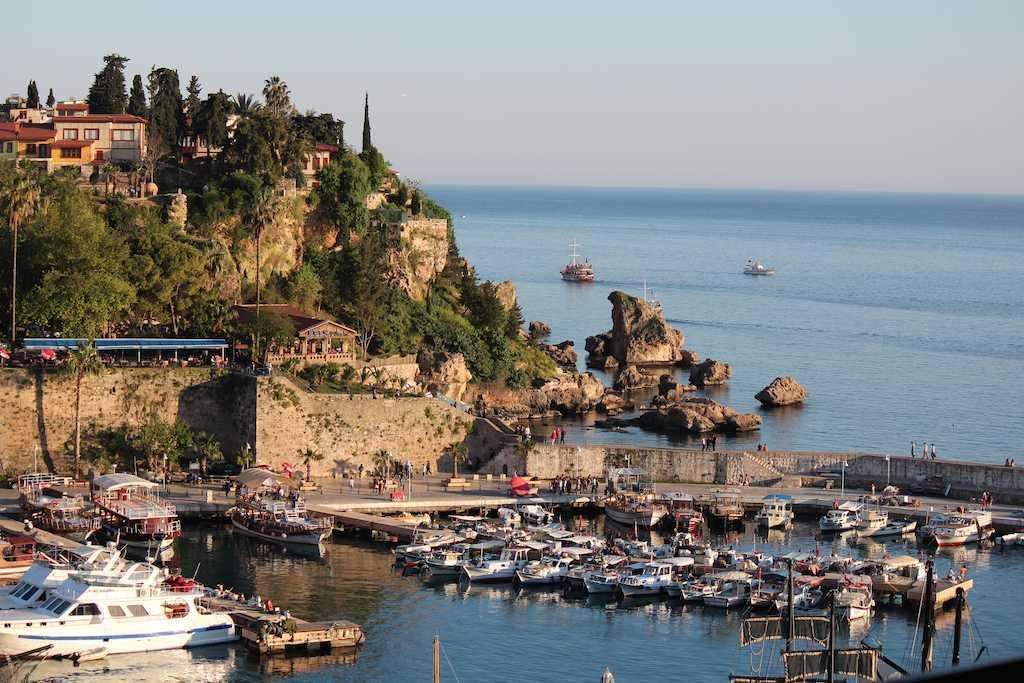
The World Bank has said its board of executive directors on April 12 approved a $91.54 million loan for the Sustainable Cities II Project in Turkey.
In a statement on April 13, the Bank said this was the second part of a series of projects under its Program for Sustainable Cities, which aims to improve the economic, financial, environmental and social sustainability of Turkish cities by enabling interested municipalities to access financing for their investments and to deliver improved services to their citizens.
The first Sustainable Cities Project, valued at $132.7 million, was approved on Dec. 20, 2016.
“Today, more than 75 percent of Turkey’s citizens live in cities, which have become strong drivers of economic growth. Although urban access to services has expanded significantly in the past few decades to meet the needs of this population, it remains challenging both to ensure the quality of services and their long-term financial and environmental sustainability,” said Johannes Zutt, World Bank Country Director for Turkey.
“The World Bank Group has a long-standing engagement in Turkey’s urban sector and we are happy to continue helping Turkey’s cities to expand and improve their service delivery through this second Sustainable Cities Project,” Zutt added.
The project will be implemented by Iller Bank and will assist the southern cities of Antalya and Muğla through financing investments in infrastructure needed to meet service delivery requirements, particularly under the Metropolitan Municipalities (MM) Law of December 2012, to expand territorial service coverage and improve service quality, the Bank stated.
The expected investments focus on improvement of water and sanitation services in the areas that are included in the service area of each MM and its water and wastewater utility as required by the MM Law, it added.
Both cities will also receive support in preparing urban and financial investment plans through the first Sustainable Cities Project’s Institutional Strengthening component, which is co-financed by the European Commission.